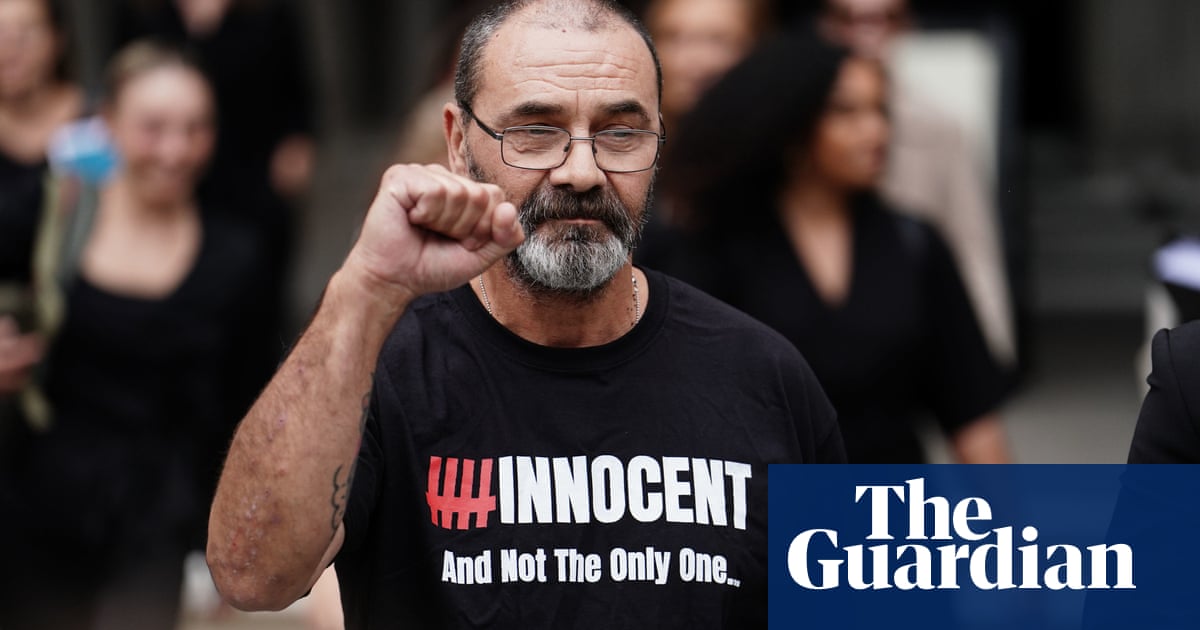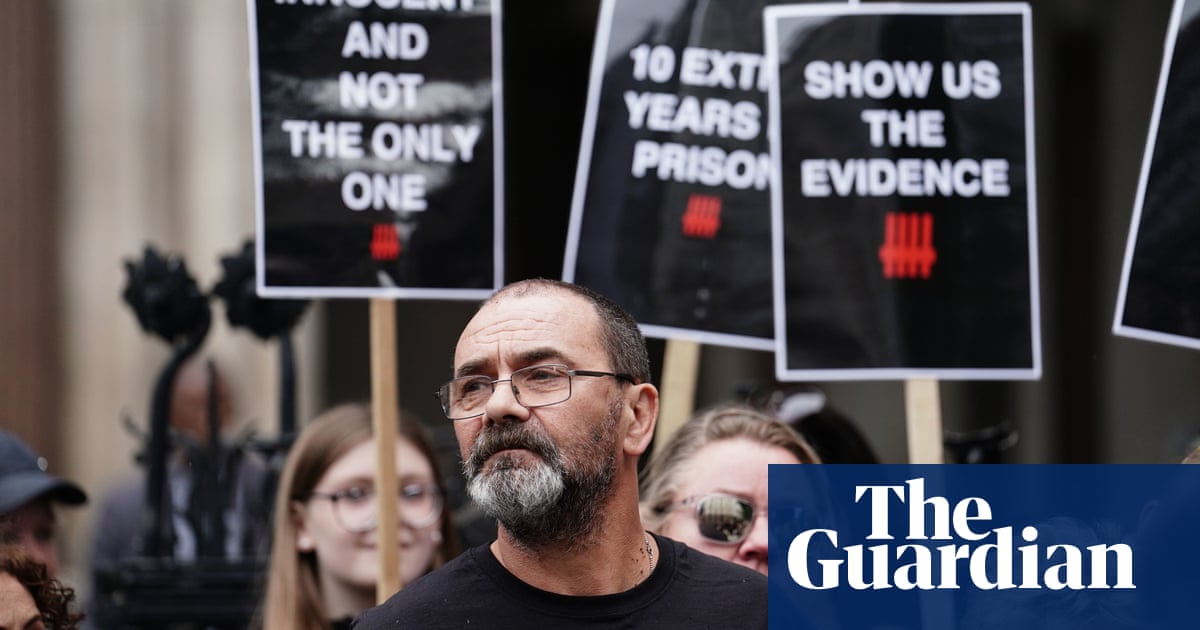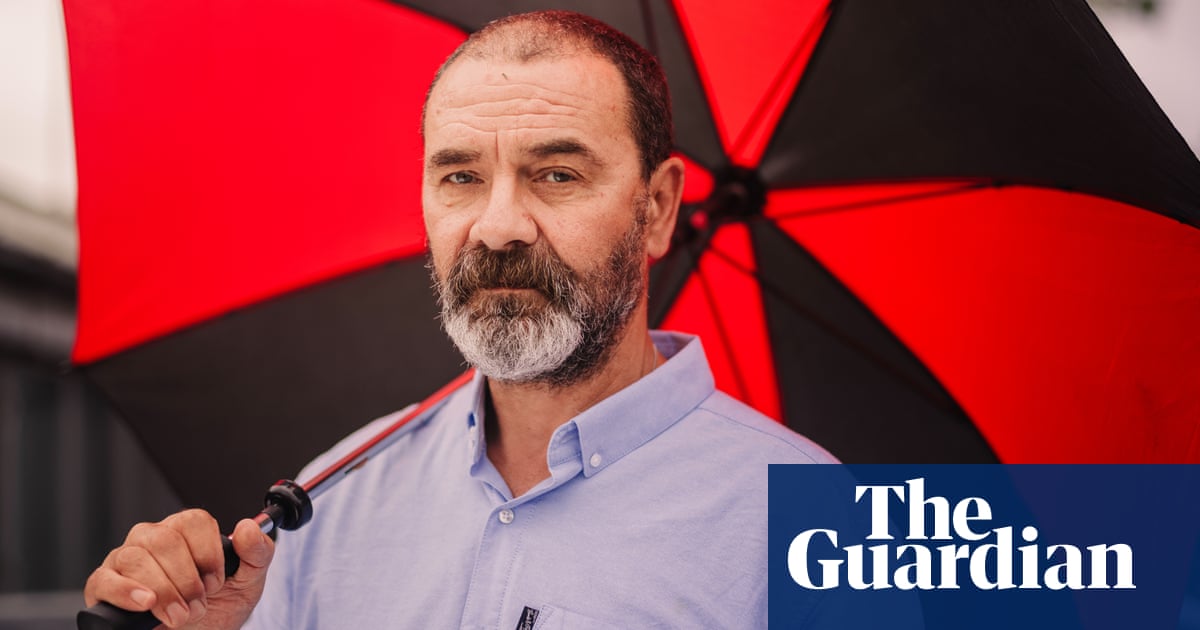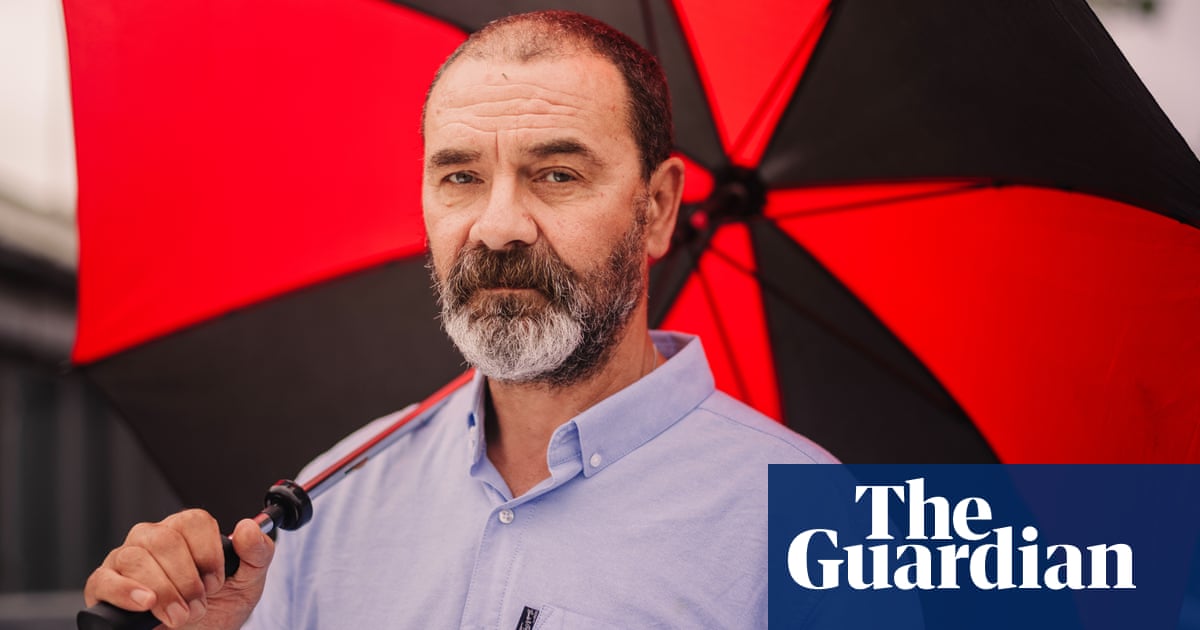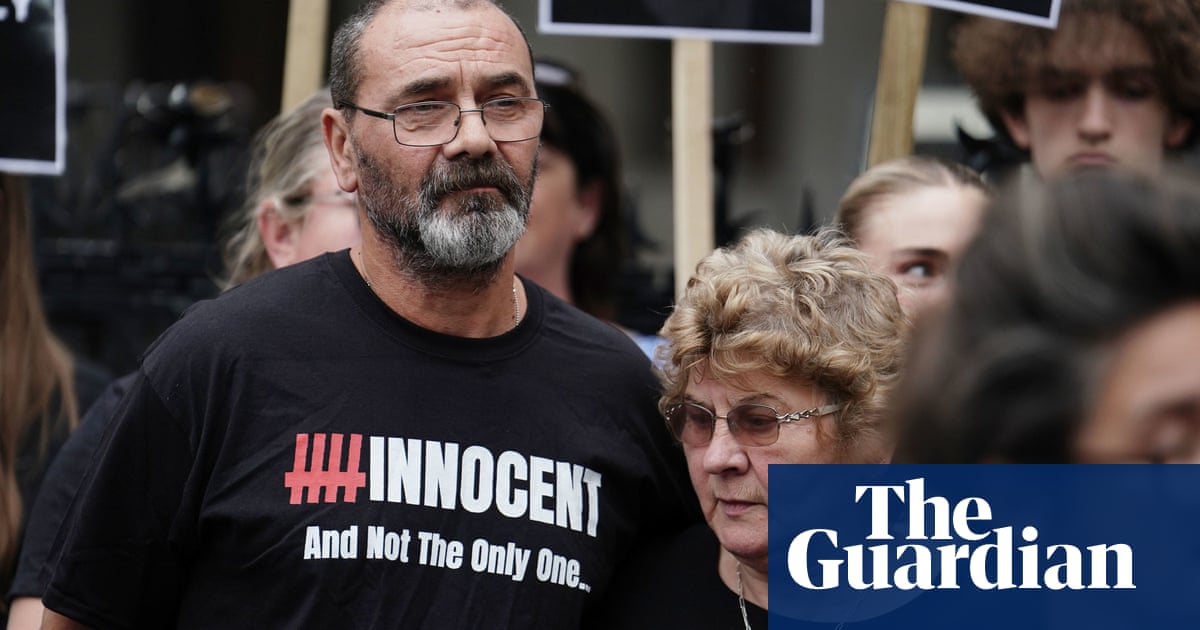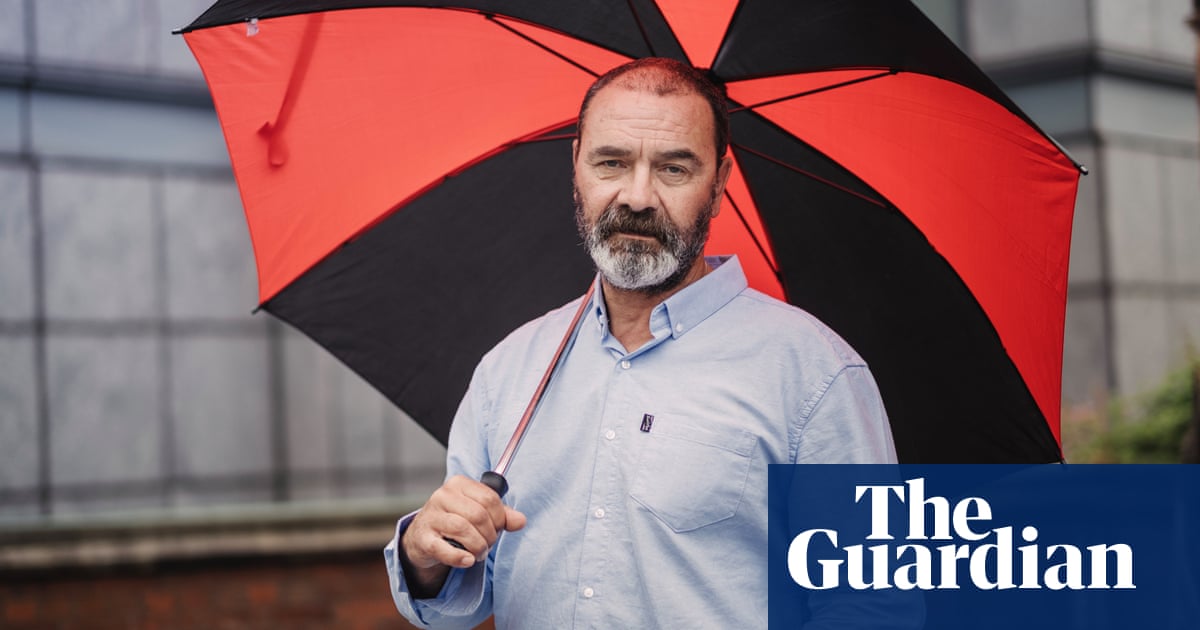
The police watchdog has announced an investigation into Greater Manchester police’s handling of Andrew Malkinson’s case.
Malkinson was exonerated in July of a rape for which he wrongly spent 17 years in prison after a DNA breakthrough. The court of appeal also ruled that disclosure failures by Greater Manchester police (GMP) rendered his conviction unsafe.
The Independent Office for Police Conduct (IOPC) will investigate the force’s handling of the case and whether any officers may have committed criminal offences or professional misconduct.
The decision follows a local investigation by GMP’s professional standards branch, which concluded earlier this year that there was no indication that officers involved had committed professional misconduct, or given an unsatisfactory performance.
The IOPC upheld a request by Malkinson to review his application to them, determining that there were “significant issues” with GMP’s conduct of the review. It also said the force did not handle his complaints reasonably or proportionately.
It will not be a full review of the original criminal investigation but will focus on the failure to disclose the criminal past of key witnesses as well as the destruction of vital evidence, which formed the basis of Malkinson’s complaint.
In a letter to Malkinson, the IOPC said it was of the opinion there was “compelling evidence to suggest that there may have been multiple breaches of the standards of professional behaviour by multiple police officers, along with systemic failures by GMP in respect of this case”.
They added that it did “not appear that the full scope of the alleged failures have been explored or addressed” within GMP’s investigating officer’s report.
A number of the officers at the centre of his complaint allegations are still working in investigative roles at GMP, one of them in an anti-corruption unit, the IOPC revealed in a letter to Malkinson’s lawyers.
Malkinson, 57, was convicted in 2004 of a rape in Greater Manchester despite there being no DNA evidence. He spent almost two decades trying to convince the authorities he was innocent. His conviction was overturned after fresh DNA testing linked another man to the crime.
A key prosecution witness, Michael Seward, had multiple criminal convictions and came forward as a witness only when he was arrested for a crime. He was arrested again on the day he identified Malkinson in a video lineup. None of this was disclosed to the court.
Malkinson argued this timeline indicated it was possible that GMP officers could have incentivised Seward, who has since died, into giving dishonest evidence against Malkinson.
In response, the IOPC said it was “a serious allegation which requires further consideration” and that there was “sufficient and compelling enough evidence to satisfy the view that there was potential for improper motive”.
The IOPC director of operations, Amanda Rowe, said: “My thoughts are with Mr Malkinson, who has suffered greatly as a result of one of the worst miscarriages of justice in British legal history.
“Given our concerns over GMP’s handling of the complaints – and the significant public interest in a case that led to a man spending 17 years in jail for a crime he didn’t commit – our involvement will ensure there is thorough scrutiny of the actions of police involved.”
Malkinson said: “I am pleased that the IOPC has announced an independent investigation into GMP’s handling of my case and the GMP officers who caused my wrongful imprisonment for 17 years.
“I never trusted GMP to conduct an effective investigation into my complaints of police misconduct and corruption – because the police complaints system allows them to mark their own homework. This IOPC investigation should be led by a member of the IOPC who is not a former police officer, otherwise I fear it will be more of the same.”
Emily Bolton, Malkinson’s lawyer at the charity Appeal, called on whistleblowers with knowledge of GMP’s handling of the case to come forward.
“The officers involved in Andy’s case believed they could act with impunity, and their conduct has gone unscrutinised for nearly 20 years,” Bolton said.
“The problems in this case started on the very first day of the police investigation. Andy should never have been a suspect, but GMP officers were determined to pursue him. GMP’s investigation into Andy’s complaints was evasive and flawed, they failed to follow reasonable lines of inquiry and reached untenable conclusions on the evidence.”
The IOPC investigation will work alongside the independent public inquiry announced by the justice secretary, Alex Chalk, last month, which will review the roles of GMP, the Crown Prosecution Service, and the Criminal Cases Review Commission (CCRC) in his case. There is also a separate CCRC review led by Chris Henley KC.
A GMP spokesperson said: “We will work openly with them and the inquiry led by government to make sure all issues are reviewed with our full support.”




